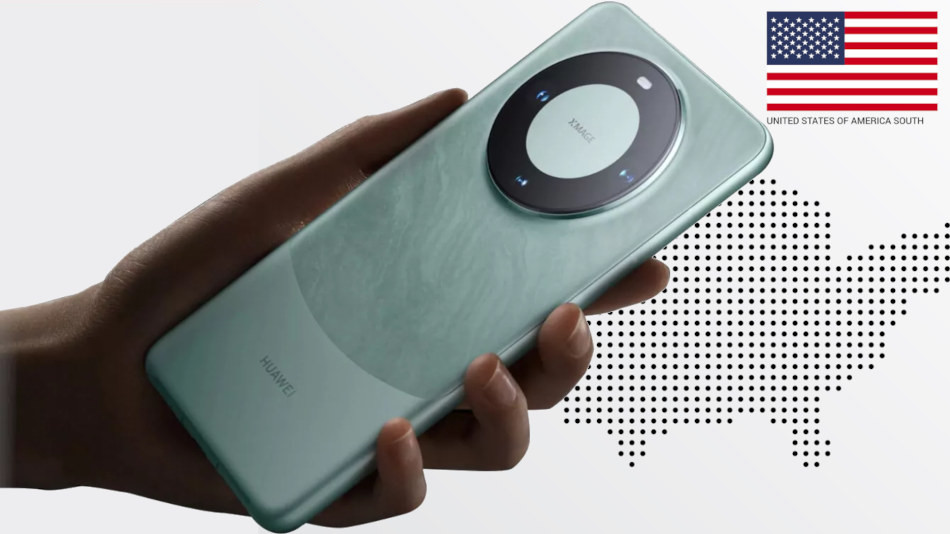
Huawei's Resilience: The Mate 60 Pro's Impact on the Western Smartphone Market Amidst US Sanctions
Sanctions and Challenges – The Huawei Dilemma Unfolds
NEWS Security December 13, 2023 Reading time: 2 Minute(s)
Huawei has faced its fair share of challenges, particularly in the Western smartphone market. Strict US sanctions, motivated by national security concerns, have led to Huawei's exit from major Western markets. However, the company's recent launch of the Mate 60 Pro, a 5G smartphone, has reignited the debate and raised concerns in the United States.
Huawei's Defiance Against Sanctions
Years ago, the US categorized Huawei as a national security risk, imposing stringent sanctions to curb its influence. Despite these challenges, Huawei has displayed remarkable resilience by introducing the Mate 60 Pro, equipped with a cutting-edge 7 nm 5G SoC. The move has surprised many, considering the US sanctions aimed at crippling Huawei's smartphone production.
US Reaction and Concerns
In August, the US accused Huawei of violating sanctions, leading to US Secretary of Commerce Gina Raimondo expressing deep concern about the Huawei Mate 60 Pro in a recent interview with Bloomberg. Raimondo pledged to take the "strongest possible" measures to protect US interests but emphasized the need for a thorough investigation into how Huawei managed to produce such an advanced smartphone in defiance of sanctions.

US SECRETARY OF COMMERCE GINA RAIMONDO
Investigation into Huawei's Methods
The Department of Commerce plans to conduct a comprehensive investigation to uncover the intricacies of Huawei's Mate 60 Pro production process. The key question lies in how Huawei achieved this feat without heavily relying on global supply chains. Notably, some memory chips in the Mate 60 series have been traced back to South Korean manufacturer SK Hynix, raising additional questions about the device's supply chain.
Global Ramifications
As the controversy unfolds, Gina Raimondo has seized the opportunity to call for additional funding for the Bureau of Industry and Security (BIS), emphasizing the need to fortify export controls. In response, Mao Ning, representing the Chinese Ministry of Foreign Affairs, has accused the US of repeatedly abusing its export controls, asserting that such actions are detrimental to global supply chains.
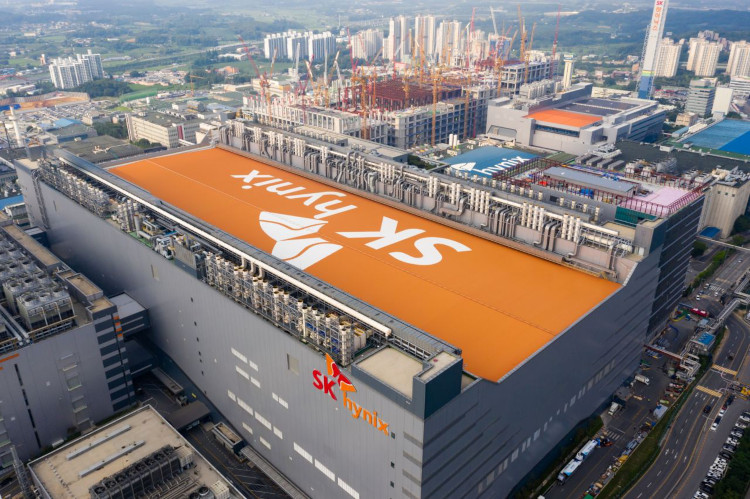
SK HYNIX FACTORY IN SOUTH KOREA, WORTH $106B
The Role of International Collaborations
Bloomberg's report reveals that the HiSilicon Kirin 9000s in the Mate 60 Pro may have been manufactured using machines from Dutch market leader ASML. The possibility that Chinese chip maker SMIC acquired these machines before the current sanctions adds a layer of complexity to the situation, highlighting the interconnected nature of the global technology landscape.
Huawei's launch of the Mate 60 Pro has not only raised eyebrows but has intensified the ongoing debate surrounding US sanctions and their impact on global technology players. As the investigation unfolds, the outcome will undoubtedly have far-reaching implications for the tech industry, influencing future collaborations and shaping the dynamics of international trade in the realm of smartphones and beyond.
COVER IMAGE BY FLATART ON FREEPIK / REVIEW SPACE | PRODUCT IMAGE BY HUAWEI
*Our pages may contain affiliate links. If you buy something via one of our affiliate links, Review Space may earn a commission. Thanks for your support!
CATEGORIES




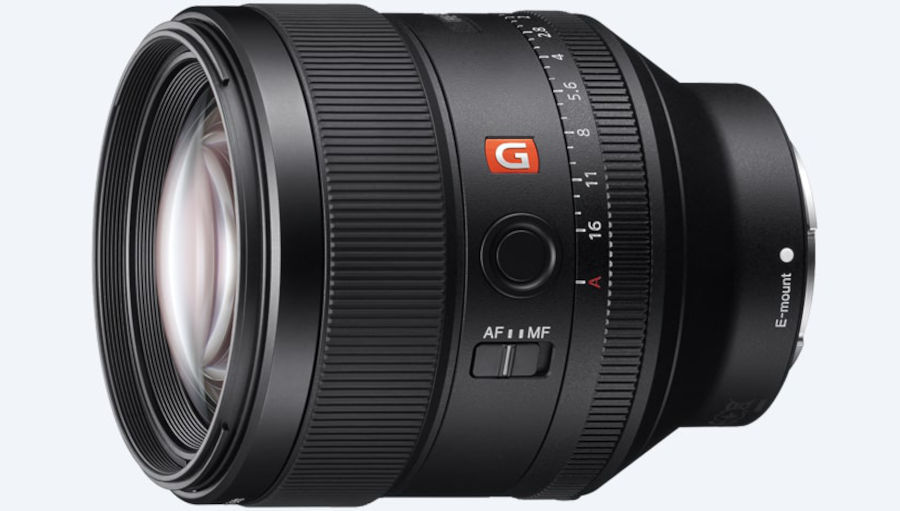






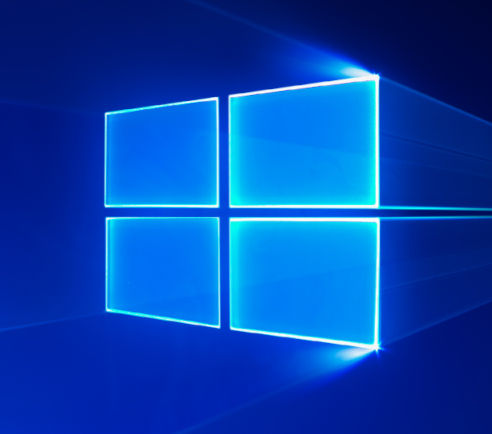







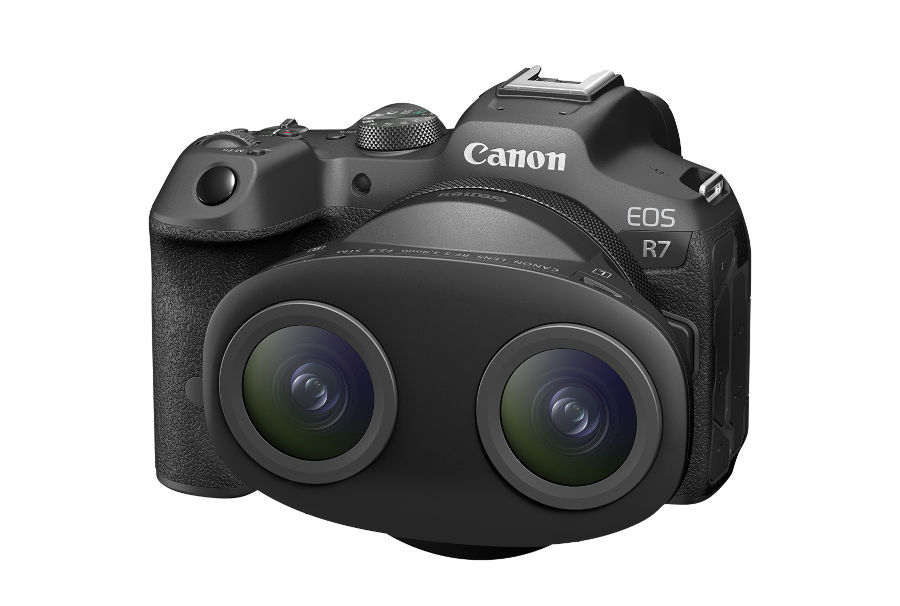
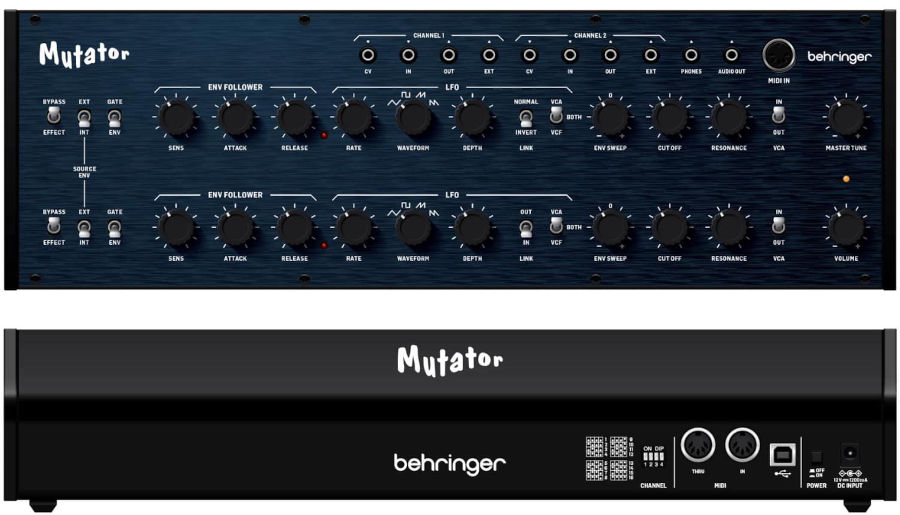
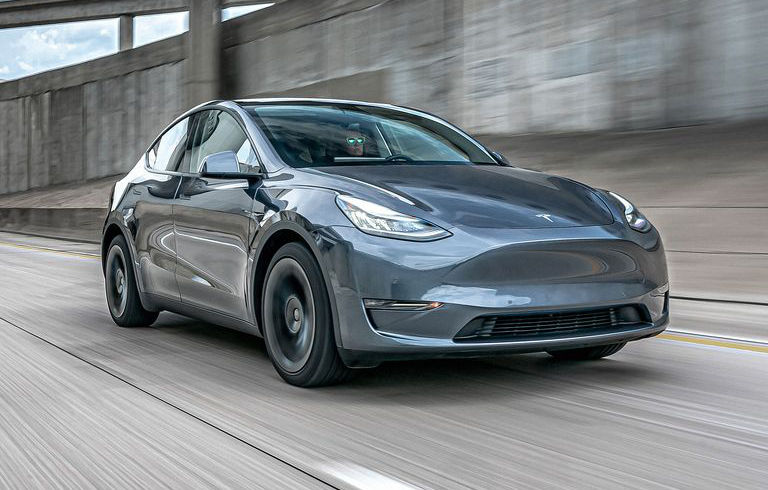



COMMENTS